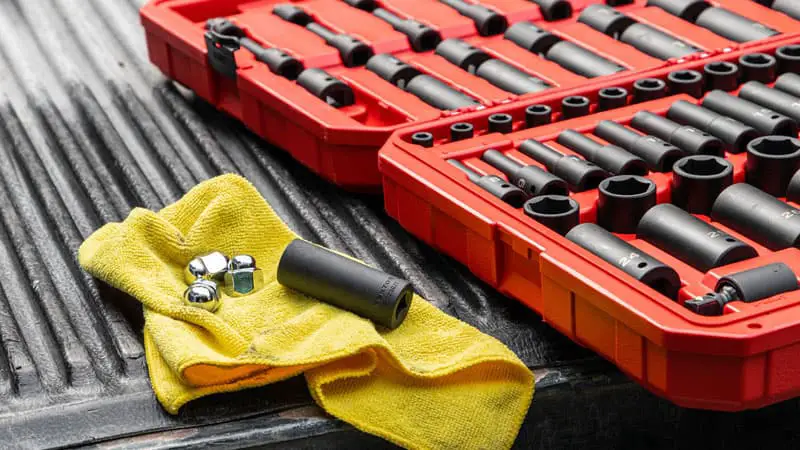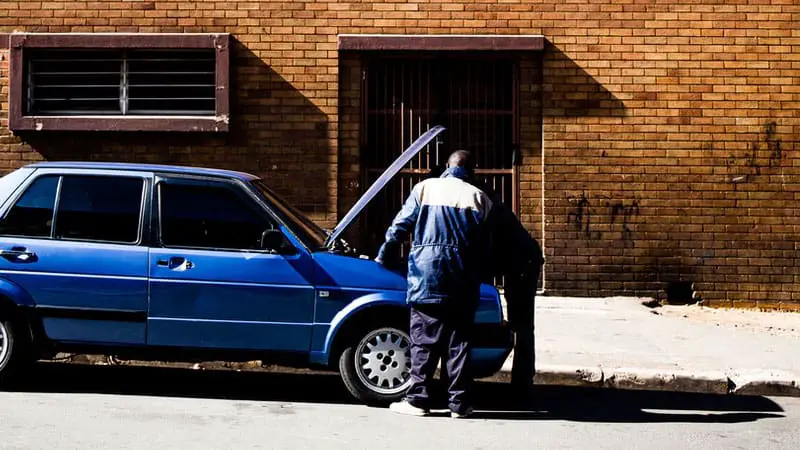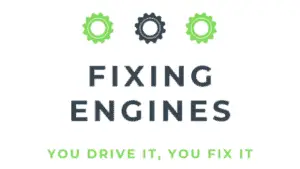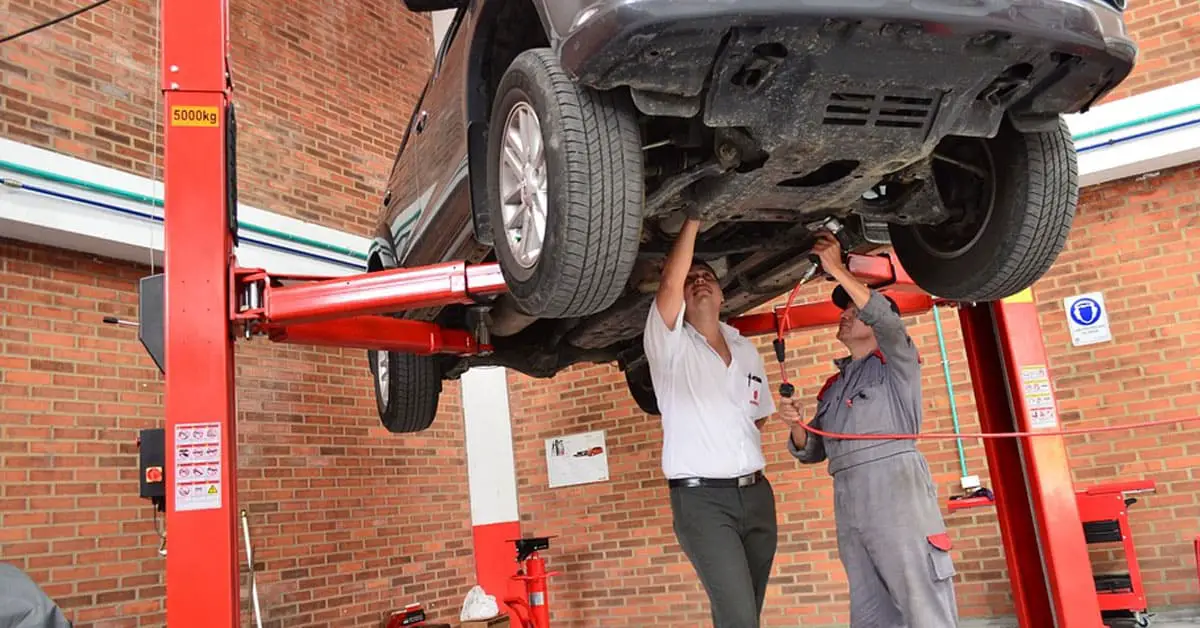When you notice your heater has stopped working it may be tempting to not fix it. Unless you really need it, most people would never turn the heater on. However a broken heater could be a sign of other serious issues, so how much is it to fix a car heater?
A heater requires the coolant system and fans to be working. If major repairs are needed to these systems, you can expect to pay thousands. Minor repairs such as replacing coolant can be done for less than $100.
Heater issues can come about from a variety of causes so we’ll look at the major components of how a heater works. I’ll take you through how to check for and fix issues by yourself and also how to recognize the signs that you need an expert’s help.
How Much Will It Cost To Fix A Car’s Heater?

Mechanics will charge you for parts and labor when undertaking any work. While replacement parts can be expensive, it is more likely the labor charges that will make repairs expensive.
While minor leaks and replacements can be done at home, many repairs will have to be done by an expert.
Any delays in taking care of serious issues can cause further damage in the form of total system replacement required. This is especially the case when low coolant causes engine issues.
Initial diagnosis may uncover complicated issues or add to overall charges due to the difficulty of diagnosis. Most air conditioning repairs from a mechanic or specialty repair option will cost hundreds or thousands of dollars.
Accurate estimates are hard to do given the range of possible repairs required for heater issues. A proper diagnostic will need to have been undertaken to ascertain the scope of the problem.
Working on the vehicle yourself is a common cause of inflated repair prices. Any damage inflicted by amateur attempts of repair can quickly increase costs and repair time.
How Does A Car Heater Work?
The heater works by using a coolant, a pump system, and fans. Slight delays before the air turns cold or hot are normal as it does take some time for the system to engage. If after a few minutes of engine use the heating has not started, it may have an issue.
The heating system in a car is really just the engine heat. After passing through the engine and cooling it down, the coolant becomes heated. This coolant is then passed through the heater core.
Heating involves a process called heat exchange. The heat transferred to the coolant by the engine is transferred to the air which is then filtered and blown into the cabin. The heater is recycling waste heat from the engine.
The internal fans or blowers create the air flow that takes the warmed air through ducts and doors. Finally, the component known as the temperature blend door controls the mix of warm and cold air for the vehicle.
Common Repairs Needed To Fix A Car Heater

Due to how the heating system operates, it cannot work immediately from a cold start. Coolant needs to be warmed up by the engine before it can be used in the car heater.
Consult the manual to ensure you have the settings correct. Generally, it is best to set to recirculate mode on and heat in the hot or red section. The air conditioner does not have to be turned on but set the fan to medium speed.
As coolant is the primary source of heat exchange, the low coolant should be checked. Coolant can leak out through holes or loose seals. Check connecting joints and connection hoses. You can also purchase coolant pressure tester kits to do an accurate PSI reading.
A mechanic is going to take about 45 minutes to complete such a task. You’ll likely be looking at anywhere from $150 to $300 for a coolant drain and refill if no other issues are present.
Leak testers or pressure testers are not the cheapest tool around but are very useful. If you’re concerned about low coolant and want peace of mind, this is one of the most accurate ways to check.
Leak testers or coolant pressure kits can be found on Amazon. EKWB’s leak tester will do the job for most vehicles with a custom gauge that lets you see quickly what your coolant pressure is at.
As always, projectiles flicked up from the road smashing into the unit, or damage to the engine’s cooling system of the car may compromise this system. Major damage requiring expensive replacement parts and the associated labor can easily push this to about $1000.
The electrical system supporting the heater is still susceptible to failure. This can be because of age, damaged wires, blown fuses, or a power surge causing issues. Diagnosing such issues and accessing problematic parts can see these repairs go from $100 to over $1000.
Fundamentally, there needs to be an effective way to blow the heated air around. Faulty blower fans are a common issue of weak heat or heat not reaching the cabin. Fan replacement shouldn’t cost more than a few hundred if not significantly less.
More complicated internal issues are going to see the price likely skyrocket. This will include repairs like replacing a bad blend door actuator or the control module malfunctioning. The opportunity for failure increases with these more complex systems.
Further, the chances you can fix such complicated problems will be limited. This is because specialty tools or scanning equipment are required. Accessing certain broken components will really add to labor costs.
The temperature blend door actuator or vent mode door actuator is the mechanism that allows hot air through. If you notice clicking sounds when trying out the heater, this could be a sign of a broken actuator.
A common symptom to look for is that only one side of the vents will be blowing the hot air.
When trying to do some initial checks, try the heat settings. If the actuator changes temperature then you can look towards the central controller being faulty. If the controller was bad, neither actuator would change positions.
This is one of the easier problems to diagnose and fix so it should be costing between $100 to $300.

